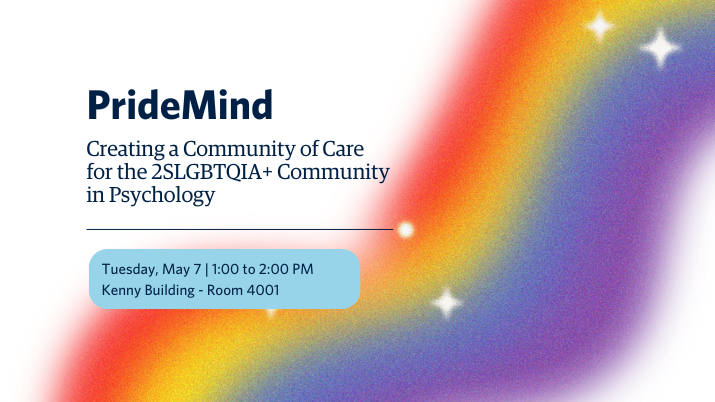

Join Dr. Blair T. Johnson, PWIAS International Visiting Research Scholar, to explore how habits develop and lead to behaviour change.


Blair Johnson
Dr. Johnson is a Distinguished Professor and Director of the Social Psychology Program in the Department of Psychological Sciences at the University of Connecticut. He leads the Systematic Health Action Research Program (SHARP) which primarily focuses on what makes individuals and communities healthy or unhealthy, using both mental and physical health indicators. Dr. Johnson’s visit was hosted by Drs. Eva Oberle and Toni Schmader.
“Habits are formed in the primitive side of the brain common in all animals. If you develop positive habits, you can continue doing them without even intending to do them.”
Watch video
The concept of habit has seen a resurgence in the last decades: Automatic behavior sequences are a routine part of life, but all too often they are “bad habits” (and marketers already capitalize on this weakness). Dr. Johnson will present summaries of research regarding the basic components and predictors of habits, mainly revolving around stable contexts (cues), frequency of action, reward (whether intrinsic or extrinsic to the behavior), and simplicity (sufficient skills to enact the behavior).
Dr. Johnson will develop the theoretical and practical implications of habits for behavior-change interventions, focusing on three main points: (a) Establishing a new habit may be hindered or helped by a person’s existing habits. (b) Similarly, shared habits across networks comprise a culture that may hinder or help an intervention success for a person linked to those networks. And (c), ironically, intervention research has largely ignored habits, even while trying to establish new habits. Ultimately, lifestyles are comprised of bundles of complementary habits, so making a lifestyle change usually entails halting or reducing numerous habits and replacing them with satisfactory new ones.


